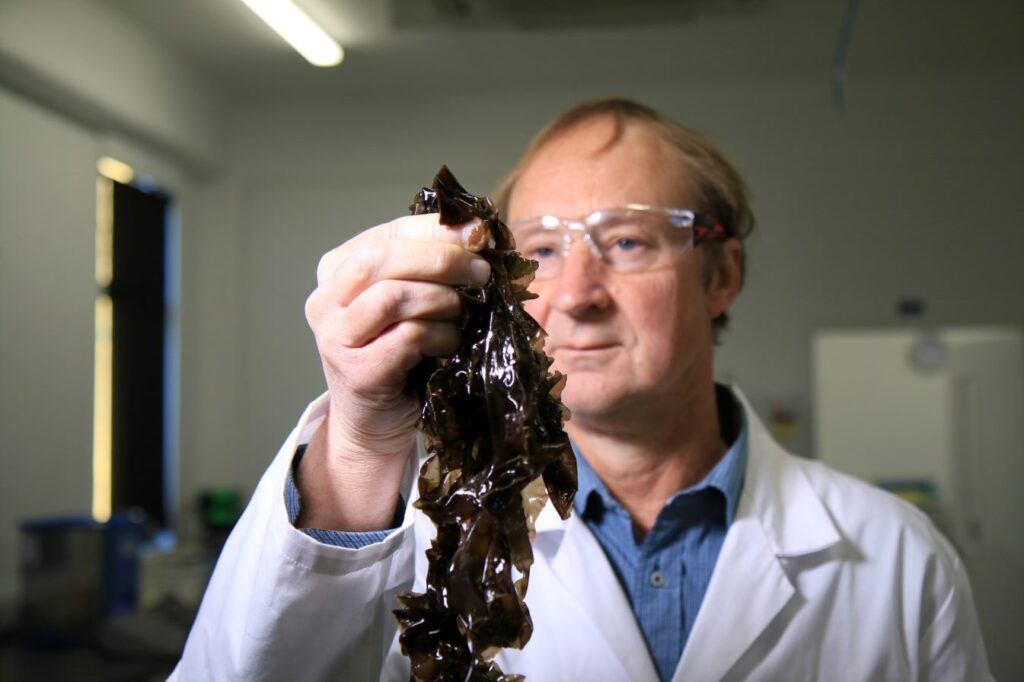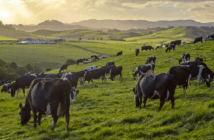
Both types of seaweed are so-called ‘superfood’ algae species with a high protein content, but require an innovative approach to fully realise their nutritious potential – and this is where the Cawthron Institute comes in.
Scientists from Cawthron, in collaboration with the Riddet Institute, the University of Auckland, Plant & Food Research, Singapore’s Agency for Science, Technology and Research (A*STAR), the Singapore Institute of Food and Biotechnology Innovation (SIFBI) and the Bioprocessing Technology Institute, will investigate the potential of the two seaweeds to determine if they could be used as protein in everyday food items.
“We are seeing increasing demands for alternatives to meat and dairy for nutrition,” says research lead Dr Tom Wheeler of Cawthron Institute.
“Algae are a promising source of ingredients for future foods which can be produced more sustainably, with lower environmental impact and greater health benefits.
“Our research has several key goals: firstly, to develop a protein extraction method from these algae that retains their valuable attributes, secondly, to investigate the extract’s performance when used as an ingredient in food products, thirdly, to understand their detailed composition using cutting-edge analytical approaches, and finally, we’ll look at the health-promoting effects and nutritional benefits to humans.
“Cawthron Institute are experts in the biology of algae and compositional analysis of foods and aquaculture systems, so our key contribution is the knowledge about how to isolate valuable components from these algae and eventually how to grow them,” says Dr Wheeler.
Dr Choi Won Jae of SIFBI says the research team hopes their finding will provide the market with an alternative protein.
“Through these projects, we are excited to provide solutions in downstream processing for the alternative proteins market.”
The study has been funded by the Ministry of Business, Innovation and Employment’s Catalyst Fund.




























































































